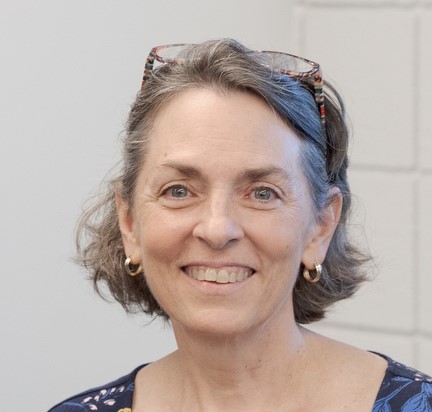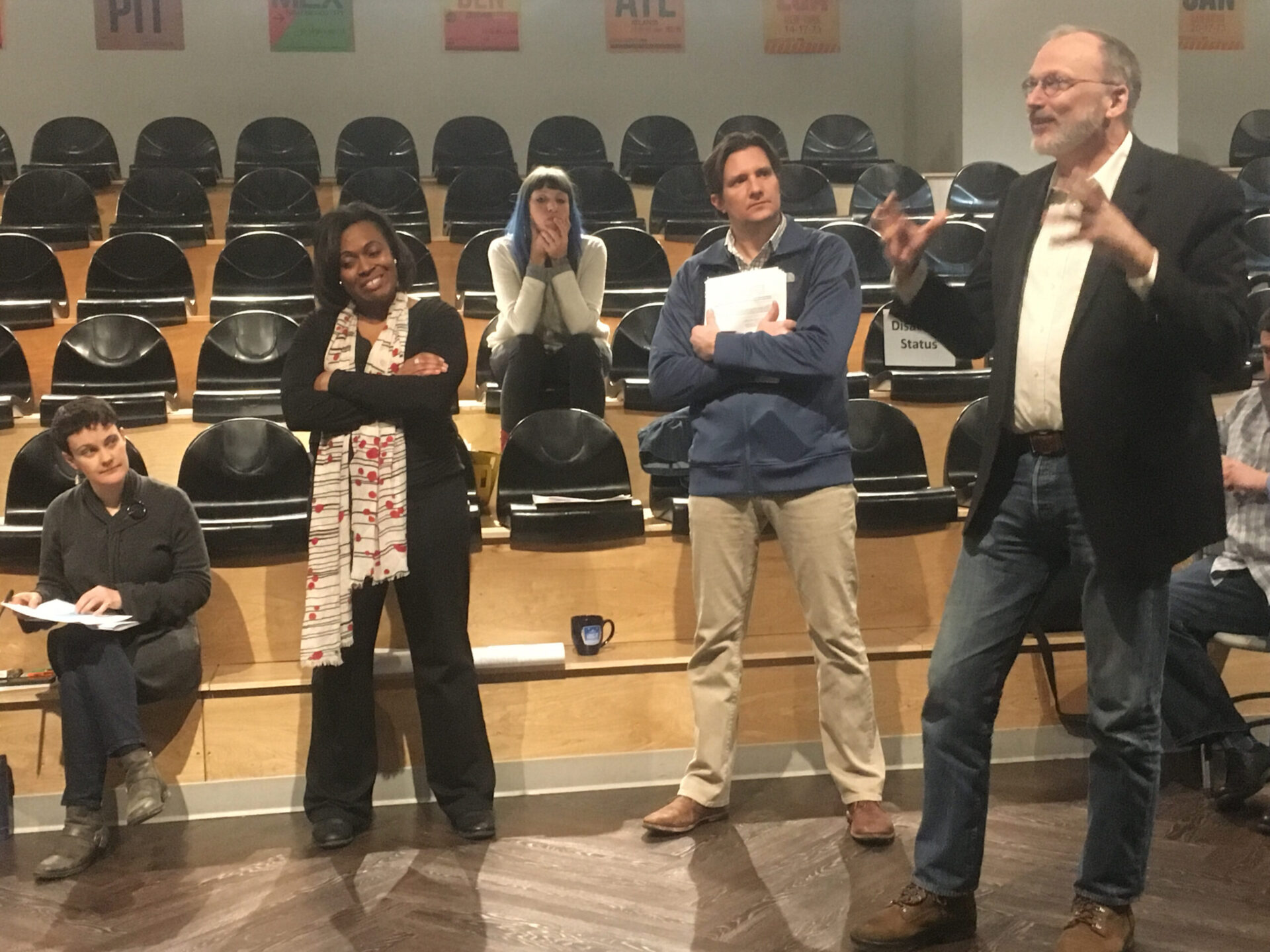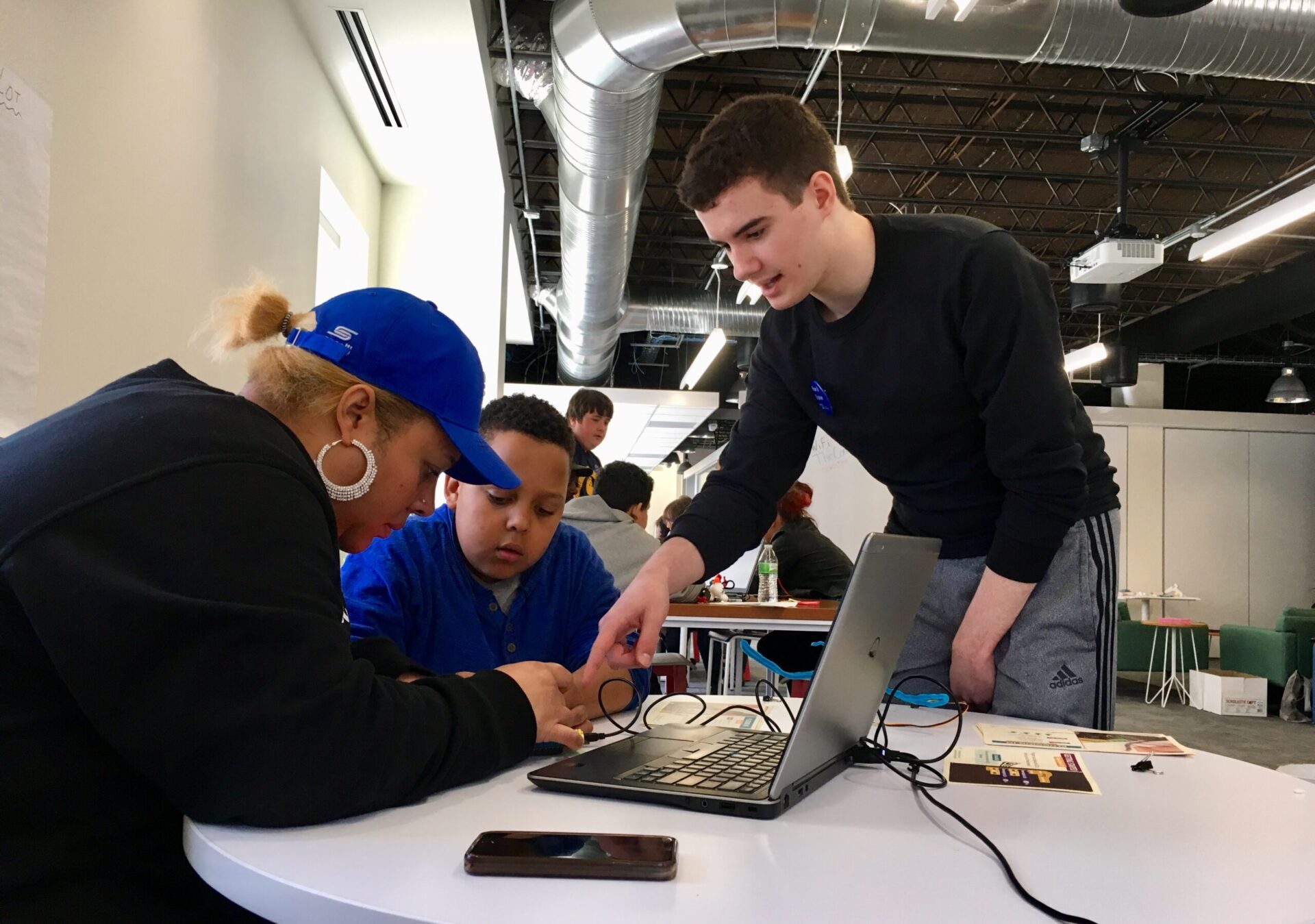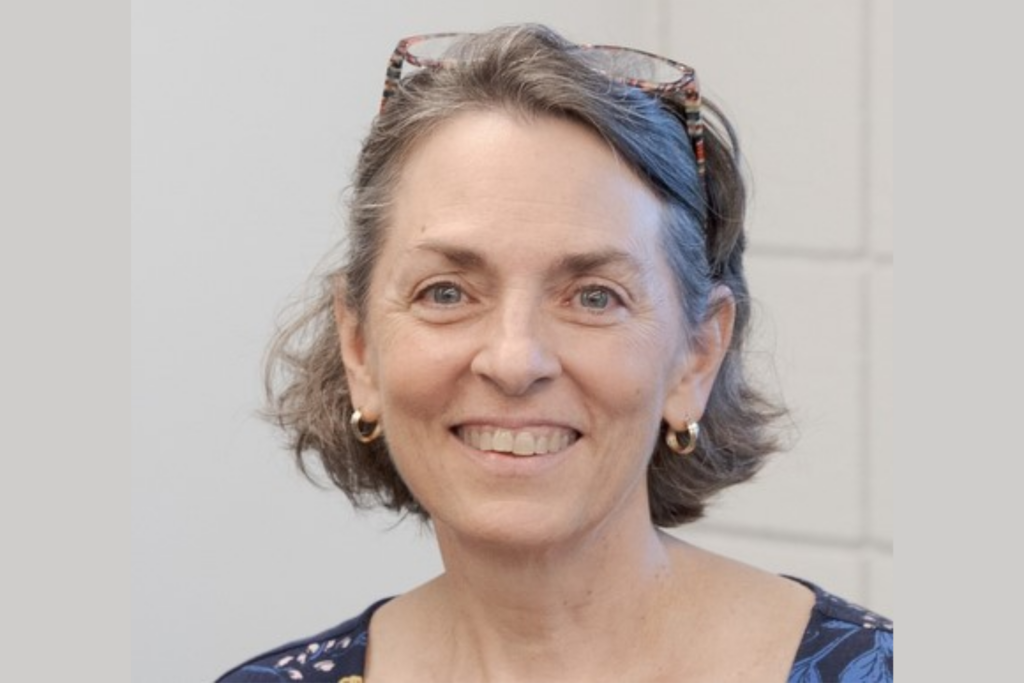As a successful lead of K-16 STEAM partnerships and initiatives, Colleen Smith is on a mission to empower learners of all ages. Colleen is the STEAM Outreach Coordinator at Penn State New Kensington and facilitates professional learning opportunities for educators within and beyond ABC CREATE, a collaborative of 14 school districts, higher education, and business partners in Southwestern PA. She helps educators re-imagine, reconnect, and revitalize their teaching practices, relationships, and community connections in support of inquiry-based, engaging, and relevant STEAM skill-building. Colleen carries a sense of responsibility to ask questions that push boundaries in the hopes of disrupting restrictive, unjust, and/or inequitable processes, policies, or environments. She looks for opportunities to connect resources and people in the hopes of maximizing opportunities for all members of the community.
In celebration of Remake Learning’s anniversary, Colleen remembers the past 15 years and the people she has met along the way.

Remake Learning is a key piece of my STEAM network; continuously introducing me to new people and ideas that guide and enhance my work. My first introduction to Remake Learning was at a large gathering – a celebration. The energy and expertise in the room inspired me to make attendance at Remake Learning events a priority. Over the years, I’ve been to nearly every type of Remake Learning event, including happy hours, meetups, and working group meetings. I’ve applied for and received funding to share what I have learned. I’ve hosted Remake Learning Days events and presented at Lunch & Learns. I’ve read and shared publications. I’ve learned. I’ve engaged. I’ve grown.
At my first Remake Learning gathering, I immediately noticed the people-centered vibe as colleagues from around the region greeted one another with hugs instead of handshakes or nods. Laughter and lively conversation filled the room. Attendees were happy to be there and to see one another, and the crowd was more diverse than any other professional groups with which I’d previously been connected. The value of humanity is a key element of the Remake Learning experience.
A two-day Remake Learning workshop led by Dr. Gretchen Generett, Tiffany Wilhelm, and Michelle King, challenged me to further explore our collective humanity. I had time to investigate my understanding of race, to reflect upon my experiences and perceptions, and to open my mind, heart, and soul to intentionally and consistently viewing life through an equity and justice lens. Dr. Generett and her co-facilitators not only modeled delivery of content in ways that were responsive to our individual needs, but also guided us to apply our learning in our spheres of influence.

The Racial Justice Book Study and Learning Group is likely the most significant example of the power of Remake Learning that I’ve experienced. At a Professional Learning Collaborative meeting in 2019, several members of the Remake Learning network identified a shared interest in actively engaging in equity work, drafted an application for a mini-grant, and moved forward to engage together in meaningful work. This group initially met to grapple with racism through conversations around White Fragility by Robin DiAngelo, but has continued to meet monthly for more than three years. We support and challenge one another to do the personal and professional work toward dismantling racism and creating just and equitable educational opportunities for learners in our communities.
Through these many network events and experiences, I’ve watched teaching and learning evolve. I think the biggest innovation I have seen in the last 15 years has been the shift from S.T.E.M. to STEAM. When I first began to work in S.T.E.M. education, the emphasis was on encouraging students to learn within the individual disciplines of Science, Technology, Engineering, and Math, increasing the rigor of those courses, and preparing learners for related jobs. While this remains an important aspect of the work, educators realized that S.T.E.M. siloed and separated by periods or by discipline or by expected outcomes is too limited for the extensive re-imagining of teaching and learning that is needed. To address inequities in education and to guide students toward the development of future-ready skills, we need the arts. The arts help learners tap into their creativity, expression, and communication skills that will help not only future STEM professionals, but all learners to thrive in an advancing technological world.

The transition from S.T.E.M. to STEM to STEAM has transformed learning for young people and their communities and has changed the way educators and employers approach teaching and learning environments. The silos are coming down not only between the academic disciplines, but also between education, the workforce, and communities – accelerating the rate of positive change for all.
My involvement with the Personalized Learning and CSforPGH Working Groups as well as with the Rural Communities and Pittsburgh Regional STE(A)M Ecosystem has benefited me both professionally and personally during these times of change. I’ve been challenged to keep learning, to keep improving, and to keep seeking resources and knowledge to support the students, educators, and other professionals I serve.
But more than any one event or activity… my time with the network is about the sum of the parts. It’s building relationships with people I met at Remake Learning events, then connecting with them again, and then sometimes partnering with them on projects where we’ve uncovered similar goals, opportunities, and strengths. Without realizing it, these people I’ve met become people I know – well enough to email with a question or to further explore an idea – and sometimes well enough to call my friends.
Remake Learning is about sharing thoughts, ideas, fears, concerns, successes, and possibilities with others who are working for the same goals of inspiring curiosity, encouraging exploration, and building pathways for engaged and joyful learning. And that is my favorite memory of the network: of being part of something that brings people together, acknowledges our humanity, and creates a healthy environment for growing meaningful relationships. Learning, then, flows naturally.
